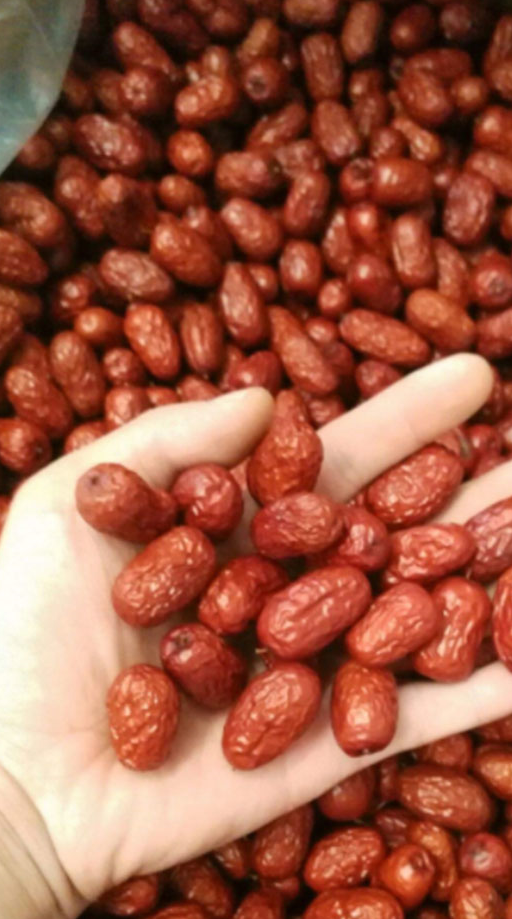Jujube is a food that many people like to eat in their daily lives, especially women. Jujube has high nutritional value, with a strong nourishing effect, can improve the body’s immune function, enhance disease resistance, and also has effects such as protecting the liver, nourishing blood, and replenishing qi, making it one of the best nourishing products for women. Many people consume jujube as a leisure snack. Although red dates are good, they should not be consumed in excess. Excessive consumption of red dates is not only harmful to health but can also lead to the occurrence of these three symptoms.
1. Bloating: Overconsumption of red dates can lead to abdominal bloating.
2. Constipation: Jujube skin contains a lot of fiber, which is hard in texture. In the case of excessive consumption, it may lead to indigestion and even result in bloating and constipation. Therefore, those with chronic diseases, food retention issues, or constipation should not consume in large quantities.
3. Obesity: Red dates are high in calories and sugar. Eating a lot of dates can lead to obesity. The abundant glucose and sucrose can be converted into fat in the body, directly causing weight gain.
1. Damp-heat constitution: Red dates benefit qi, invigorate the spleen, and have a warm nature. Therefore, those with dampness or abdominal distension should avoid eating them. People with excessive damp-heat and yellow tongue coating should not consume them.
2. Tooth decay, dental pain, and patients with phlegm-heat cough should not consume red dates.
3. Diabetics: Due to the high sugar content in red dates, diabetic patients should avoid red dates or snacks made from red dates, as it can worsen diabetes.
4. Menstrual edema in women: Women with menstrual edema should avoid eating red dates during their menstrual period because red dates are very sweet and consuming them in excess can produce phlegm and dampness. Eating more red dates during this time will exacerbate the edema. Additionally, women experiencing bloating or having a dry-heat constitution during menstruation should not eat red dates excessively, as it may lead to excessive menstrual flow and worsened bloating. Some women often experience swollen eyes or feet during menstruation, which indicates dampness retention. These individuals are not suitable for consuming red dates. This is because red dates are sweet and consuming them in large quantities can lead to the accumulation of dampness in the body, worsening edema symptoms. Women with dry-heat constitution should also avoid consuming them during their menstrual period, as it may cause excessive menstrual flow and harm their health.
5. Those with colds or fever caused by external wind-heat: Excessive consumption of fresh red dates can cause diarrhea and harm the spleen. Therefore, individuals with colds or fevers caused by external wind-heat should avoid eating fresh red dates. Symptoms of wind-heat cold include fever, sweating, sore throat, thick white tongue coating, while damp-heat cold includes chills, fever, low heat, nausea, vomiting, abdominal pain, diarrhea, or headache, fatigue in the limbs. Thus, they should not eat red dates. This is because red dates make it difficult for wind-heat or damp-heat pathogens to disperse, making it challenging for the illness to recover.
Generally, do not exceed 5 small red dates or 8-9 small ones. Big dates are usually consumed in 2-3 pieces because of their high sugar content. Eating too many may lead to difficulty in absorption and wastage. Excessive sweet consumption can burden the mouth and esophagus. Of course, in cases of special needs such as postnatal care, blood loss, or post-surgery, consuming more than 10 cooked dates a day is not a big issue.
Although jujube foods are delicious and nutritious, it’s important to consume everything in moderation. Overeating can lead to bloating, constipation, and various other physical conditions. If you fall into these three constitution types, it’s advisable to consume them in moderation.


